Home > Climate News >

Communicating the human causes of global warming increases public engagement
Importantly, there were no backlash effects among Republicans, and in fact understanding increased among Republicans more than among Democrats, on average. This suggests that when informed about climate change causes, impacts, and solutions, most Americans will update their own climate change beliefs, risk perceptions, and policy support….
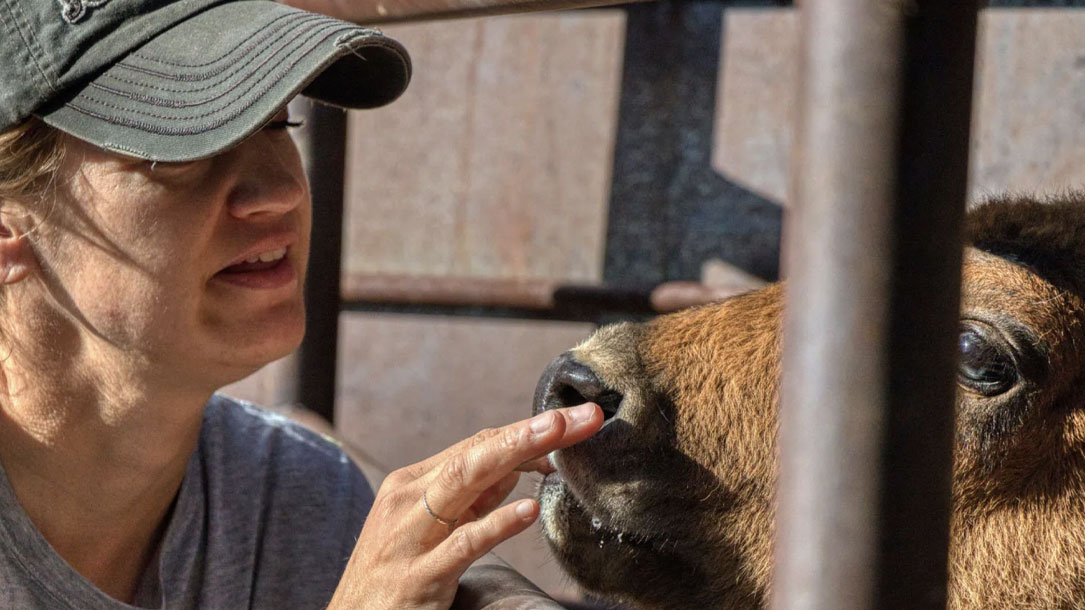
Three-quarters of Montana farmers, ranchers anxious about climate change, survey finds
Paul Lachapelle of Montana State University says the growing risks and uncertainty are taking a toll on farmers’ and ranchers’ mental health.
He and co-researchers surveyed about 120 Montana farmers and ranchers.
“Nearly three quarters noted they were experiencing moderate to high levels of anxiety when thinking about climate change and its effects on their agricultural business,” Lachapelle says.
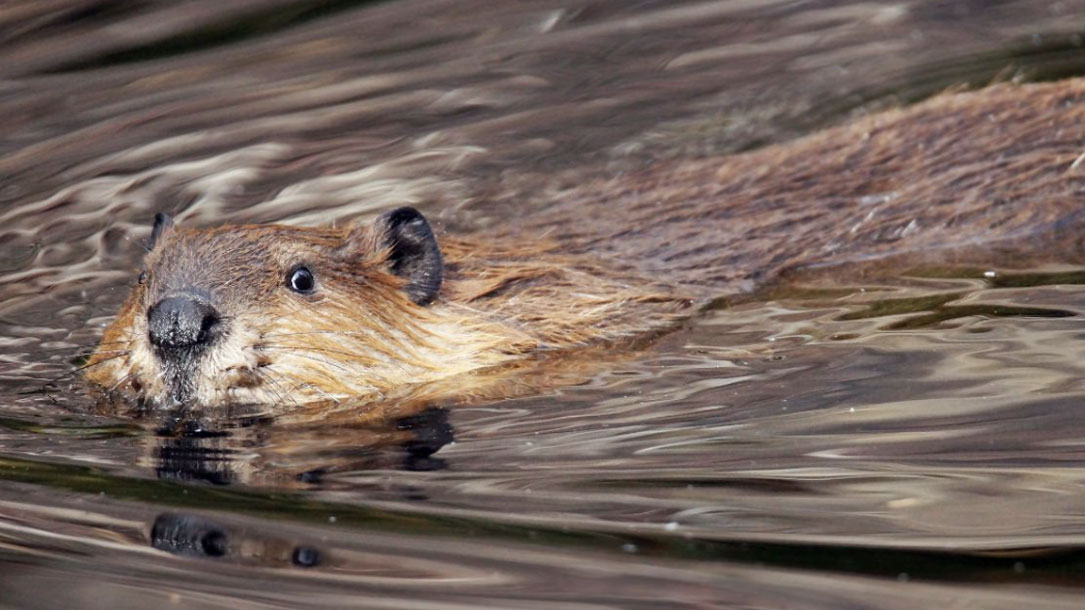
Saving Our Swamps [Letter in the New Yorker Magazine]
Here you will find a short letter submitted by the land trust’s executive director, under the heading “Letters respond to Annie Proulx’s piece about swamps” (and beavers as part of the climate solution):
The dewatering of North America that Proulx describes was underway well before the nineteenth century, when westward expansionists began cutting down forests and farmers began draining and tilling fields. By the time those people were “reclaiming” land for their use, fur traders had been wreaking havoc on our wetlands for almost two hundred years, through the commodification of beavers…

Person to follow: Mara Hoplamazian
Mara Hoplamazian reports on climate change, energy, and the environment for NHPR, part of our By Degrees initiative. They joined the station in 2021 as a Couch Fellow. Originally from Chicago, Mara earned their undergraduate degree in American Studies from Yale University. Mara uses the pronouns they/them/theirs. You can email them at mhoplamazian@nhpr.org, or get in touch through Twitter @/mara_hop.
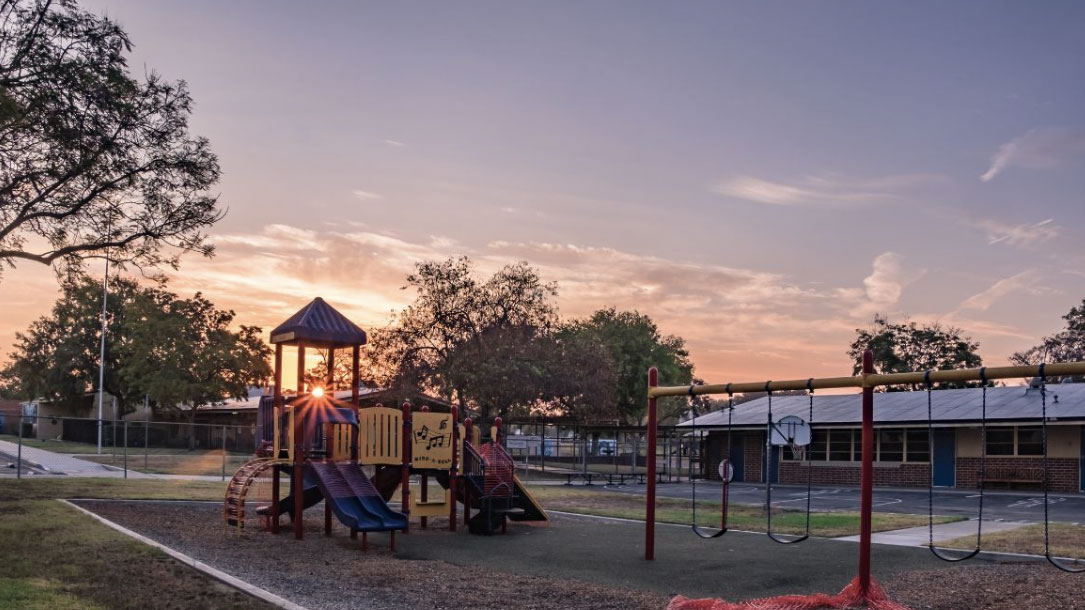
Parks as part of the climate solution
As a warming planet leads to worsening risks and impacts, American cities are taking matters into their own hands. Cities are not only pledging to slash carbon emissions in the coming decades. They are also figuring out how to be more resilient. Because one thing is clear: disadvantaged communities that have been historically neglected will suffer the most as the planet warms.
Park acres, it turns out, are very good at buffering the effects of climate change. Green space has the power to lower air temperature and absorb floodwater and can be designed in such a way as to significantly enhance those climate benefits…
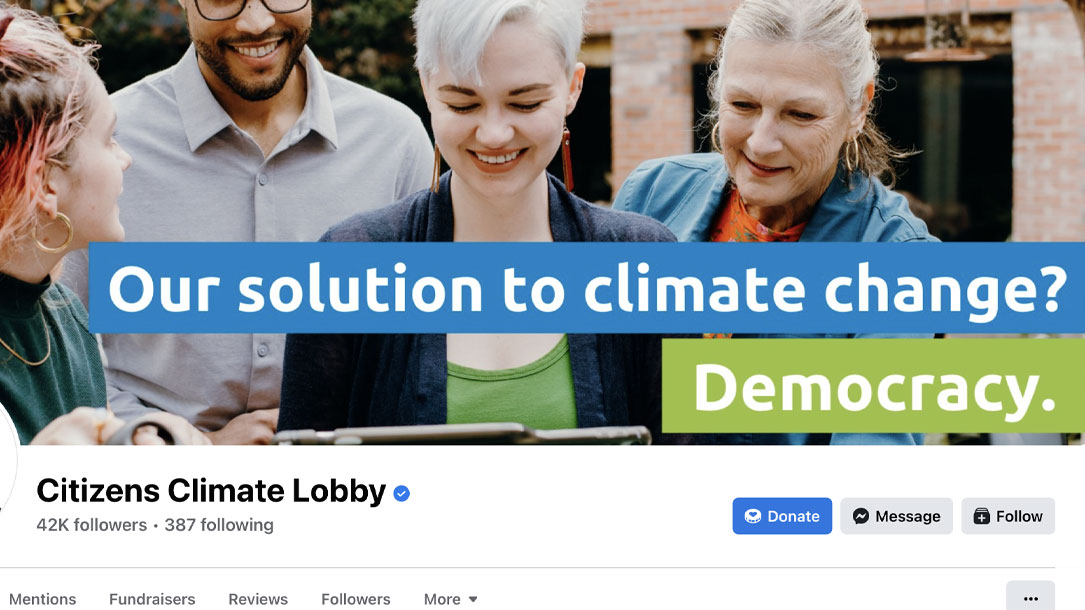
Our solution to climate change? Democracy.
We empower everyday people to work together on climate solutions…
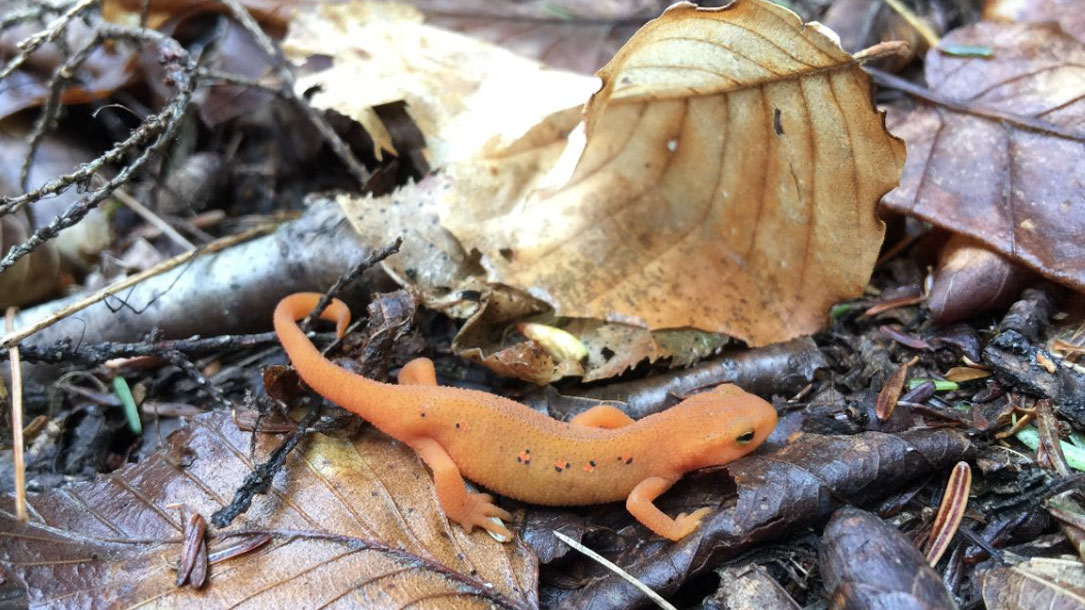
Ensuring that NbS support thriving human and ecological communities
Their mission is to enhance understanding of the value of nature-based solutions to societal challenges and to help ensure they support thriving human societies and ecosystems without compromising efforts to keep fossil fuels in the ground…

Americans beginning to correlate extreme weather with a climate crisis, but purse strings are still tight
Broader socioeconomic factors are also affecting those who are experiencing weather events, and more importantly, how these parties can financially respond to these events — and thus how willing they are to pay even more.
For instance, only 29% of households that experienced extreme events had 100% of their damages covered by insurance. Renters though had it worse — with those who have experienced extreme events being uninsured 70% of the time…

A review of invasive species reporting apps for citizen science and opportunities for innovation
While more reporting apps are developed each year, innovation across diverse functionalities and data management in this field are occurring separately and simultaneously amongst numerous research groups with little attention to trends, priorities, and opportunities for improvement.
This creates the risk of duplication of effort and missed opportunities for implementing new and existing functionalities that would directly benefit IAS research and management…
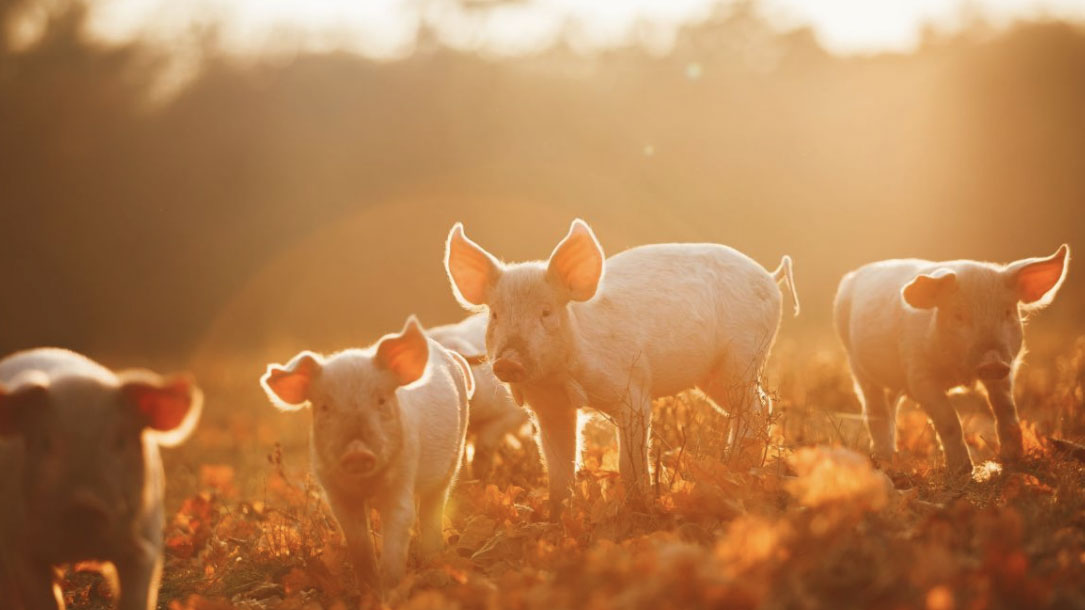
Farming collaborative plan looks to keep land accessible, open
Under the land collaborative model, the property will not solely be devoted to agriculture; Sanford-Long’s animals will share land with a planned solar array…












